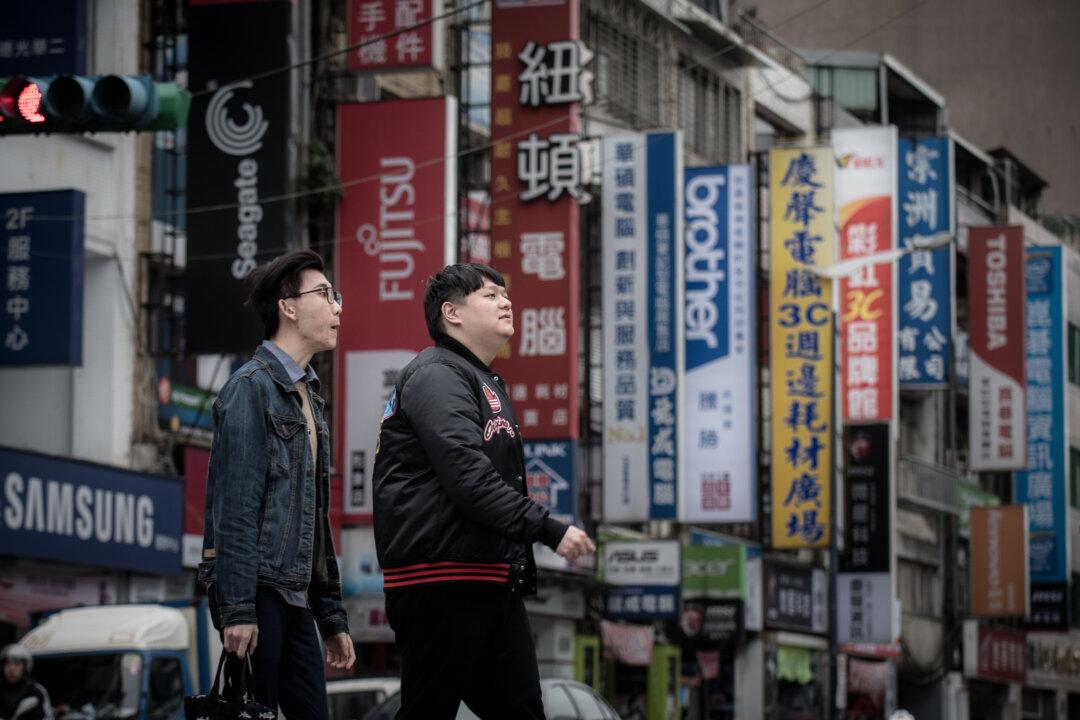China’s tourist hotspot Hainan has quickly backtracked on its announcement that it would allow foreigners visiting the island province to access Western social media sites that are blocked in China. Originally intended to boost tourism, the move instead ignited an outburst among Chinese netizens, as many took the opportunity to express outrage at the extensive internet censorship apparatus imposed on them by the Chinese regime.
The province also aims to increase visitor numbers by 25 percent annually, with the goal of reaching at least 2 million annual visitors by 2020.
On June 21, provincial authorities announced on the province’s official website that they would create a “gathering zone” for foreign tourists as part of their tourism drive. The tourists would be allowed to access international social media sites including Facebook, Twitter, and YouTube.
The plan attracted widespread attention, as it was a rare departure from China’s long-held censorship regulations. All three social media sites have been blocked in mainland China for many years. Foreigners could only access them through VPNs (virtual private networks) that allow them to bypass the regime’s Great Firewall. In March, a new regulation went into effect mandating that all VPNs sold within China must be government-sanctioned.
A barrage of criticism among Chinese netizens immediately followed, however, as thousands commented and complained that they are being treated like second-class citizens in their own country, with foreigners enjoying more freedom and access while they continue to be restricted.
Some even compared it to the “concessions” Western powers and imperial Japan forcibly imposed on China during the late Qing Dynasty (late 1800s to 1912), when foreigners enjoyed extra-judiciary privileges that Chinese citizens did not have.
Chinese internet companies employ tens of thousands of people to patrol content on the Chinese internet. Some users who have dared to express dissenting views have even been jailed.




